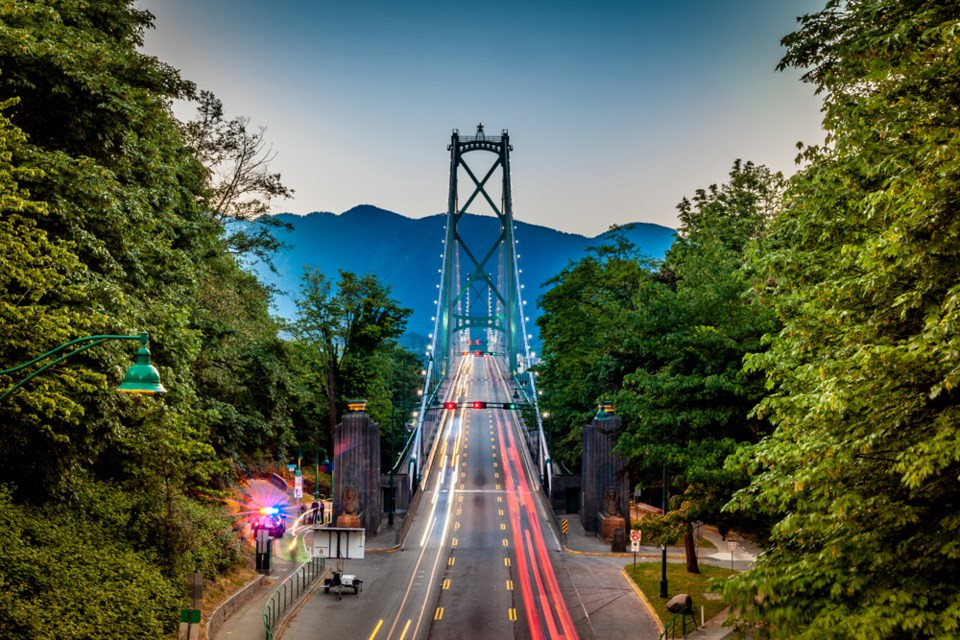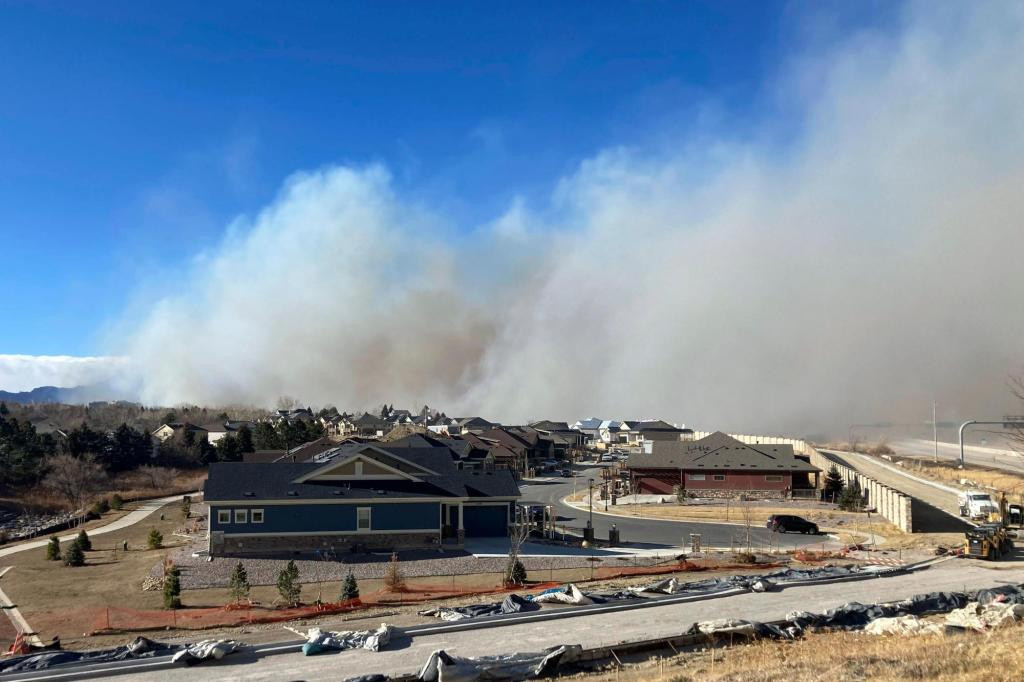The Lions Gate Bridge in Vancouver was temporarily closed in both directions on Thursday morning due to a police incident, causing major traffic delays on the North Shore. The bridge reopened to traffic just after 8 a.m. after being closed for approximately three hours.
The incident occurred during the morning rush hour, causing significant delays for commuters traveling between Vancouver and the North Shore. The bridge was closed shortly after 5:45 a.m. and reopened at approximately 8:45 a.m., according to police.
While few details have been released about the incident, police have confirmed that it was a police incident and no one was arrested or injured. The specific nature of the incident has not been disclosed, but it is believed to have been a traffic-related incident.
During the closure, drivers were directed to take alternative routes such as the Ironworkers Memorial Bridge or the SeaBus, which is a ferry service that connects Vancouver's downtown core to North Vancouver.
The Lions Gate Bridge is a major transportation artery connecting Vancouver to the North Shore and is a popular route for commuters, tourists, and local residents alike. The closure of the bridge caused major disruptions to traffic flow in the area.
The closure also highlighted the importance of alternative transportation options in the region. While the SeaBus and the Ironworkers Memorial Bridge offered relief, the closure of the Lions Gate Bridge illustrated the vulnerability of the region's transportation infrastructure and the need for robust backup plans in the event of emergencies or unforeseen incidents.
While the bridge was closed, police urged drivers to avoid the area and to seek alternative routes. Many commuters were left frustrated and inconvenienced by the closure, as they were forced to navigate alternate routes and adjust their schedules to accommodate the unexpected delays.
The closure of the Lions Gate Bridge serves as a reminder of the importance of traffic safety and the need for commuters to plan ahead and have alternative routes in mind, especially during peak traffic times. It also highlights the importance of staying informed about traffic conditions and road closures through reliable news sources and traffic updates, which can help minimize disruptions to travel plans.
Impact on North Shore Traffic
The closure of the Lions Gate Bridge had a significant impact on traffic flow on the North Shore. Google Maps showed major delays along the Upper Levels Highway, with drivers being diverted to the Iron Workers Memorial Bridge as an alternate route. Traffic was reported to be heavy in both directions on the bridge as drivers sought to avoid the Lions Gate Bridge closure.
Future Considerations
The incident serves as a reminder of the potential for disruption on major transportation arteries and the importance of having reliable backup plans in place. As infrastructure continues to be upgraded and expanded in the region, it is crucial that these plans are carefully considered and robust enough to handle unforeseen incidents.
The incident also highlights the need for drivers to be aware of traffic conditions and road closures and to plan their routes accordingly. Being aware of alternative routes and having access to reliable traffic information can help drivers minimize delays and avoid potential frustration on the road.
This incident is another reminder that traffic conditions can change quickly and unexpectedly. It is important to be prepared for any potential delays and to adjust travel plans accordingly. It's always wise to factor in extra time for commutes, especially during peak traffic hours or when major events are occurring, and to have alternative routes in mind. This can help to minimize the impact of any unexpected road closures or traffic disruptions and ensure a smoother and more enjoyable commute.
A Bridge to Better Transportation Planning
The Lions Gate Bridge incident is a call to action for improved transportation planning in Vancouver and its surrounding areas. By investing in robust infrastructure, improving communication, and encouraging the use of alternative transportation methods, the region can better prepare for future disruptions and ensure that commutes are as seamless and efficient as possible.

















